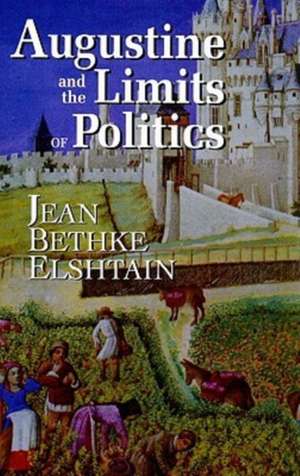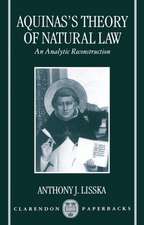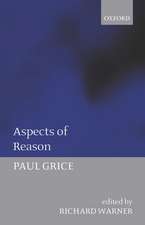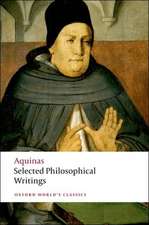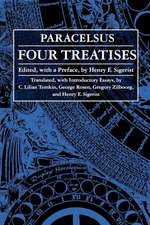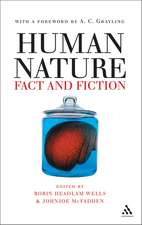Augustine and the Limits of Politics: Catholic Ideas for a Secular World
Autor Jean Bethke Elshtain, Patrick J. Deneenen Limba Engleză Paperback – 29 apr 2018
| Toate formatele și edițiile | Preț | Express |
|---|---|---|
| Paperback (1) | 127.87 lei 3-5 săpt. | |
| MR – University of Notre Dame Press – 29 apr 2018 | 127.87 lei 3-5 săpt. | |
| Hardback (1) | 584.37 lei 6-8 săpt. | |
| MR – University of Notre Dame Press – 14 feb 1996 | 584.37 lei 6-8 săpt. |
Preț: 127.87 lei
Nou
Puncte Express: 192
Preț estimativ în valută:
24.47€ • 25.55$ • 20.25£
24.47€ • 25.55$ • 20.25£
Carte disponibilă
Livrare economică 14-28 martie
Preluare comenzi: 021 569.72.76
Specificații
ISBN-13: 9780268020019
ISBN-10: 0268020019
Pagini: 174
Dimensiuni: 138 x 217 x 16 mm
Greutate: 0.2 kg
Ediția:1st Edition
Editura: MR – University of Notre Dame Press
Seria Catholic Ideas for a Secular World
ISBN-10: 0268020019
Pagini: 174
Dimensiuni: 138 x 217 x 16 mm
Greutate: 0.2 kg
Ediția:1st Edition
Editura: MR – University of Notre Dame Press
Seria Catholic Ideas for a Secular World
Notă biografică
Jean Bethke Elshtain (1941–2013) was the Laura Spelman Rockefeller Professor of Social and Political Ethics at the University of Chicago Divinity School. Her books included Democracy on Trial (1995) and Real Politics: At the Center of Everyday Life (1997).
